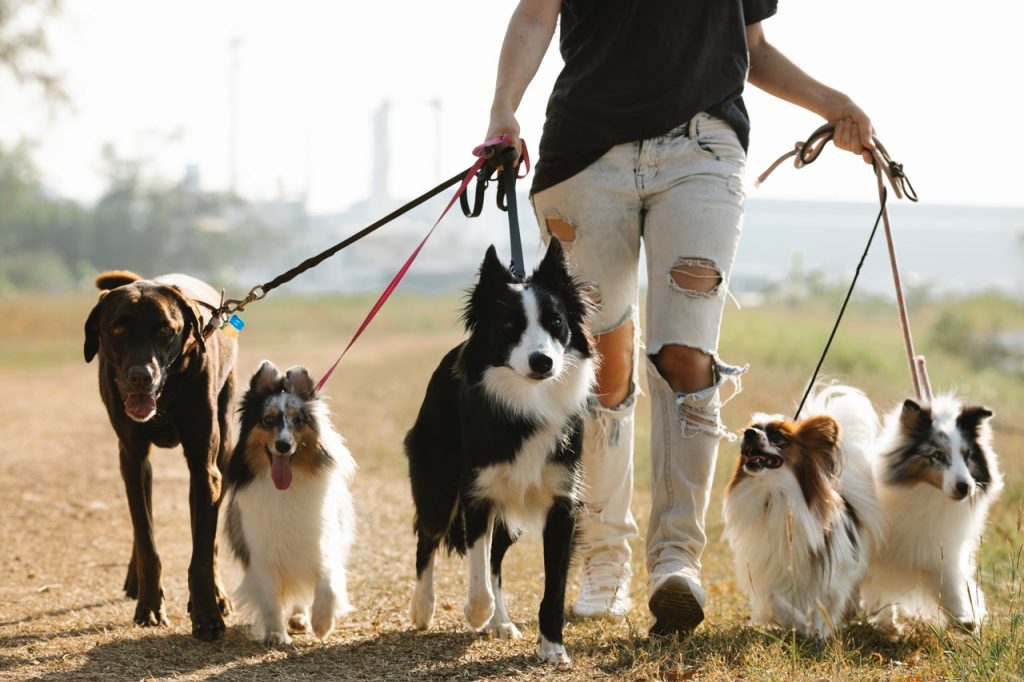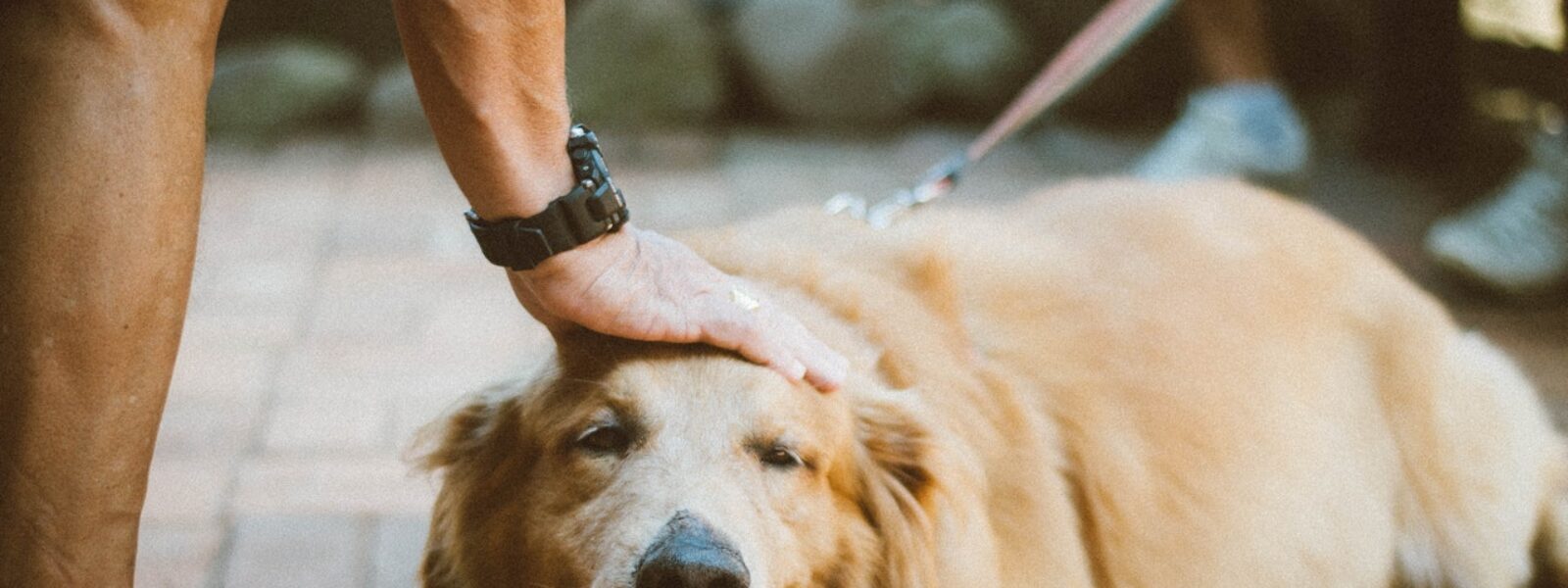During the pandemic, the number of reported dog thefts and cat thefts skyrocketed. The steep rise in thefts resulted from the increase in the market value for pets. For example, the value of some breeds saw a rise of up to 89%.
If you’re being accused of dog theft, make sure you visit our criminal defence page or contact our solicitors directly on 0203 007 5500.
How can I prevent dog theft?
If you’re worried about dog theft, there are 10 things you can do to reduce the risk, which include:
1. Don’t leave your dog in the car.
An unaccompanied dog in a car with the windows slightly open is a sitting target to thieves. It’s easy for a dog thief to open the window and steal your dog.
2. Don’t leave your dog outside a shop.
It’s a common thing to nip into your local shop to grab a newspaper and leave your dog sitting outside. However, many dog thefts happen in this situation. Therefore, make sure your dog is always accompanied by a friend.
3. Collars and tags.
Please don’t write your dog’s first name on their collar. Including a dog’s first name will give the dog thief the ability to call your dog over. A tag on a dogs collar should only include the following information:
- Second name
- Your Telephone number
- Your Address
- State that your dog is microchipped
4. Microchips.
A microchip contains a unique code that matches up with the details of your pet. It can also help if your dog goes missing and is later found as part of a police investigation. A dog thief can remove collars, but you cannot remove microchips without evasive surgery.
5. Secure your garden.
Don’t let your dog roam in your garden if it’s not secure. A simple fence can prevent your dog from escaping or a thief from strolling into your garden.
6. Train your dog for recall.
Excellent recall can ensure your dog will come back to you quickly, which can help if you think your dog is in immediate danger.
7. Keep an eye on your dog.
Don’t let your dog wander around the neighbourhood, and if you can’t trust your dog off a lead, don’t risk it.
8. Report incidents.
If you see any suspicious behaviour or feel anyone is acting strangely around dogs, report it as soon as possible. By taking action, you can stop an incident of dog theft from happening in the first place.
9. Be wary of dog sitters/ walkers.
If you need a dog sitter or walker, make sure you check to see whether they’re registered with any bodies (iPET) or received any qualifications.
10. Keep documents safe.
Keep all your dog’s insurance and important documents somewhere safe. That way, you can easily access them and provide proof of ownership in an emergency.
Is dog theft a criminal offence?

In short, yes. Dog theft is currently classed as ‘theft’ and can be heard in either the magistrates’ court or the crown court. The magistrates’ court is for less serious offences where the maximum sentence is an unlimited fine and/or 6 months imprisonment. The crown court is for more serious offences, where the maximum sentence is 7 years imprisonment.
However, due to the pandemic and the steep rise in dognappings, the UK government is set to introduce a new criminal offence for pet abduction to crack down on these numbers. The new law will recognise pets as higher value than ‘property’ and ensure the welfare of animals.
The likely changes to the current law include:
- Create a new ‘pet abduction’ offence. Pet Theft is currently treated as property theft. This new offence will recognise the emotional distress to the animal as well as the owner.
- Improve the recording of ownership and transfer data. Adding additional details to microchipping databases will help support the tracking of lost and stolen dogs.
- Identify and track cases. Reliable data on pet theft can help build evidence against a pet thief.
- Tackle the fear of crime. The police can work with partner agencies to raise awareness about prevention measures.
What if someone steals my dog?
If you’re a victim of dog theft, make sure you do the following:
- Contact the police to report the incident and make a note of the crime reference number.
- Get in touch with your local council.
- Inform the microchip database who’s holding your dog’s details of the theft. This action can help with reuniting you with your dog.
- Advertise your dog’s theft. You can advertise your missing dog in various ways, such as websites for missing animals, social media and noticeboards in public places.










Leave a comment Your email address will not be published.